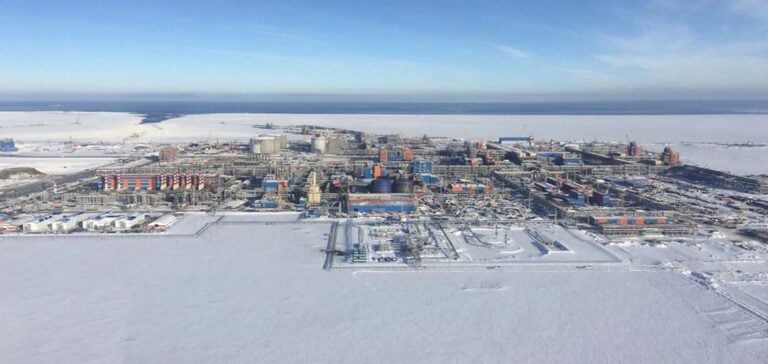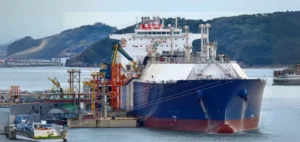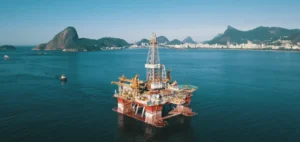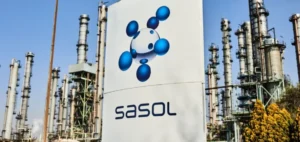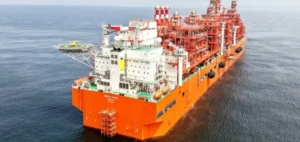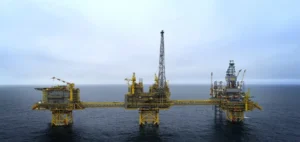In an international climate marked by far-reaching sanctions, Japan is positioning itself prudently and resolutely to defend its energy interests. With punitive measures targeting the Arctic LNG 2 project, Industry Minister Yasutoshi Nishimura stresses the crucial importance of these issues for the archipelago. As the world’s second-largest importer of liquefied natural gas (LNG), the Land of the Rising Sun sees LNG as pivotal to its energy transition, aiming for carbon neutrality by 2050.
Impact of Sanctions on LNG Supply
Recent developments around the Arctic LNG 2 project, scheduled to start up next month, in which Japan plays a significant role as shareholder, are at the heart of national energy concerns. The country is eligible for an annual quota of 2 million metric tons of LNG from this project, representing around 3% of its total imports. These figures testify to the strategic importance of the project for the Japanese economy, which is gearing up for full commissioning of the facility in the second half of this decade.
International Cooperation and Energy Diplomacy
Aware of the complications induced by recent US sanctions, the Japanese government anticipates a “certain degree” of impact on domestic supply. These sanctions, designed to isolate Russia economically for its military involvement in Ukraine, raise complex issues for nations dependent on energy partnerships with Russian entities.
Faced with this dilemma, Minister Nishimura expressed Japan’s willingness to work closely with the Group of Seven to assess the situation as a whole and react in a measured way. The aim is twofold: to ensure a coordinated international response without compromising the stability of the national energy supply. This approach testifies to an agile energy diplomacy that is aware of the geopolitical stakes.
Japan and the Balance between Ethics and Energy Needs
It should be noted that the Arctic LNG 2 project, with a planned total capacity of 19.8 million tonnes per year, is mainly destined for Asian markets, accounting for 80%. China also participates via CNPC and CNOOC, which together hold a 20% stake. The breakdown of shares also highlights the diversity of the players involved, with a majority held by Novatek and a significant presence by TotalEnergies.


